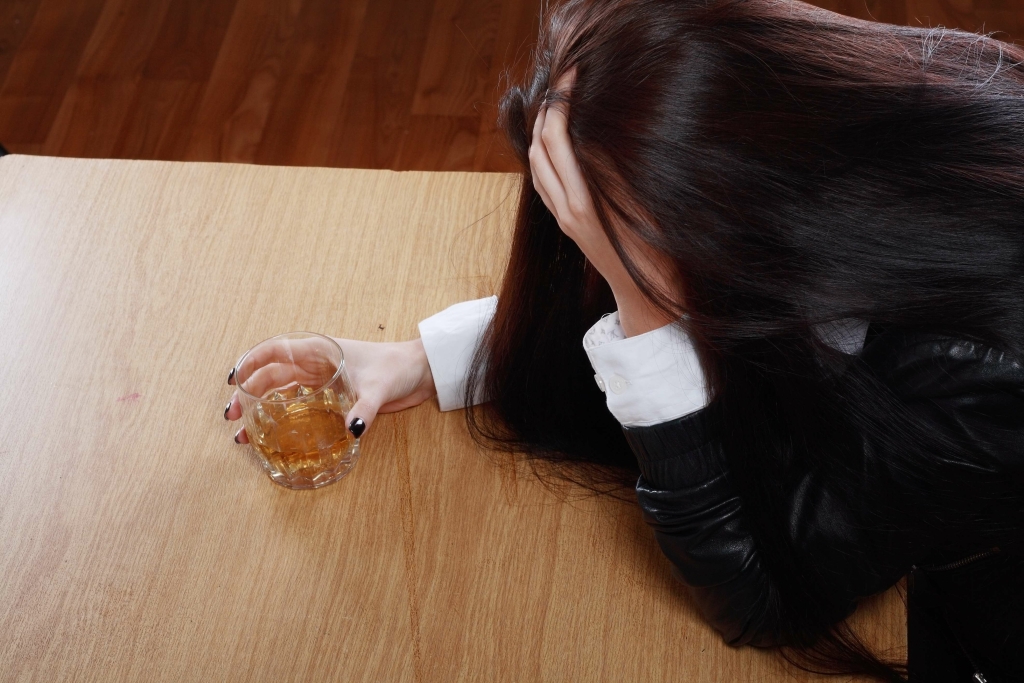Everyone but me was drinking beer or wine and they were definitely getting drunk. I drank an alcohol-free gin and tonic followed by a lime and soda. They could have been drinking water, wine or tea and it wouldn’t have made any difference to me. I’m so confident in my decision to live life alcohol-free that other people’s choices don’t affect me. A sober person can help themselves navigate these situations in a few ways. First, they should plan their non-alcoholic drinks in advance.

The Role of Cravings in Alcohol Relapse
In most cases, it takes around 5-14 days to stabilize the person and control symptoms of http://www.infopiter.ru/business/bus3.html withdrawal, provided there are no complications. The presence of coexisting physiological and/or mental disorders can complicate the detox process and prolong it. Volunteering is a great way to reconnect with your community. Helping others actually boosts our own mental health and feelings of self-worth. Plus, it helps us with our emotional sobriety and wellness. On the one hand, you have no idea what you’re supposed to do with yourself.
Is Sobriety More Than Just Not Drinking?
In severe cases, alcohol withdrawal medication may be necessary. With consistent drinking over time, the central nervous system gets used to exposure to alcoholic drinks. The body overcompensates to maintain nerve communication and brain alertness.
Addiction Treatment Programs
Among recovering individuals themselves, in order to reduce risks, some choose only to attend sober parties or events. In some instances, https://chinaunionmarket.ru/en/est-ideya/biografiya-yubilyara-obrazec.html family and friends may choose to hold their parties without alcohol, or at least downplay the central role that drinking might take. This can mean beefing up the non-alcoholic drink selection and offering more food options or other treats. Others in recovery, have more time or experience in dealing comfortably with such events, and may feel confident in their recovery while being around others who drink.


These professionals offer evidence-based personalized treatments tailored to individual needs and are equipped to provide the https://www.yourdreams.ru/gallery/pages/frida-kahlo-henry-ford-hospital.php support needed during tough times. Lastly, carrying reminders and seeking professional assistance when necessary are vital steps on this path towards staying sober around drinkers which we will cover extensively. Furthermore, we’ll explore identifying triggers and avoiding temptation, understanding why it’s crucial for maintaining sobriety.
Shame is having negative beliefs about yourself and your self-worth. Guilt is having negative feelings about your past behavior. People in recovery can experience a lot of shame simply for having become addicted in the first place.
- When I arrived, reeking of booze from the evening before and makeup strewn down my face, I was confronted by two of my female roommates.
- Some friendships are based primarily on drinking and won’t continue to work during sobriety.
- Setbacks don’t erase progress, though, and they don’t mean you’ve “failed” to stay sober.
- Whenever possible, the best course of action may be the avoidance of any situation or event where alcohol consumption occurs.
- In the meantime, the Soberish community is here to support you and help you get there.
- Contact Gateway Foundation today to learn more about the programs and services that best meet your needs.
- For more information on addiction recovery, check out SAMHSA.
- I couldn’t imagine meeting anyone that I would get on with.
- They’re not afraid of challenging the old “let loose” mentality if it means staying sharp and feeling good.
A 2023 Canadian study found that even low levels of alcohol consumption can raise the risk of mortality. Additionally, a study published in the journal Nature in March 2022 suggested that consuming one glass of alcohol per day may lead to brain shrinkage. While physical conditions tend not to fuel addiction in the same way mental conditions do, they still can contribute to relapse. When people don’t feel their best, it is easy to sink into a depression and start drinking again.
